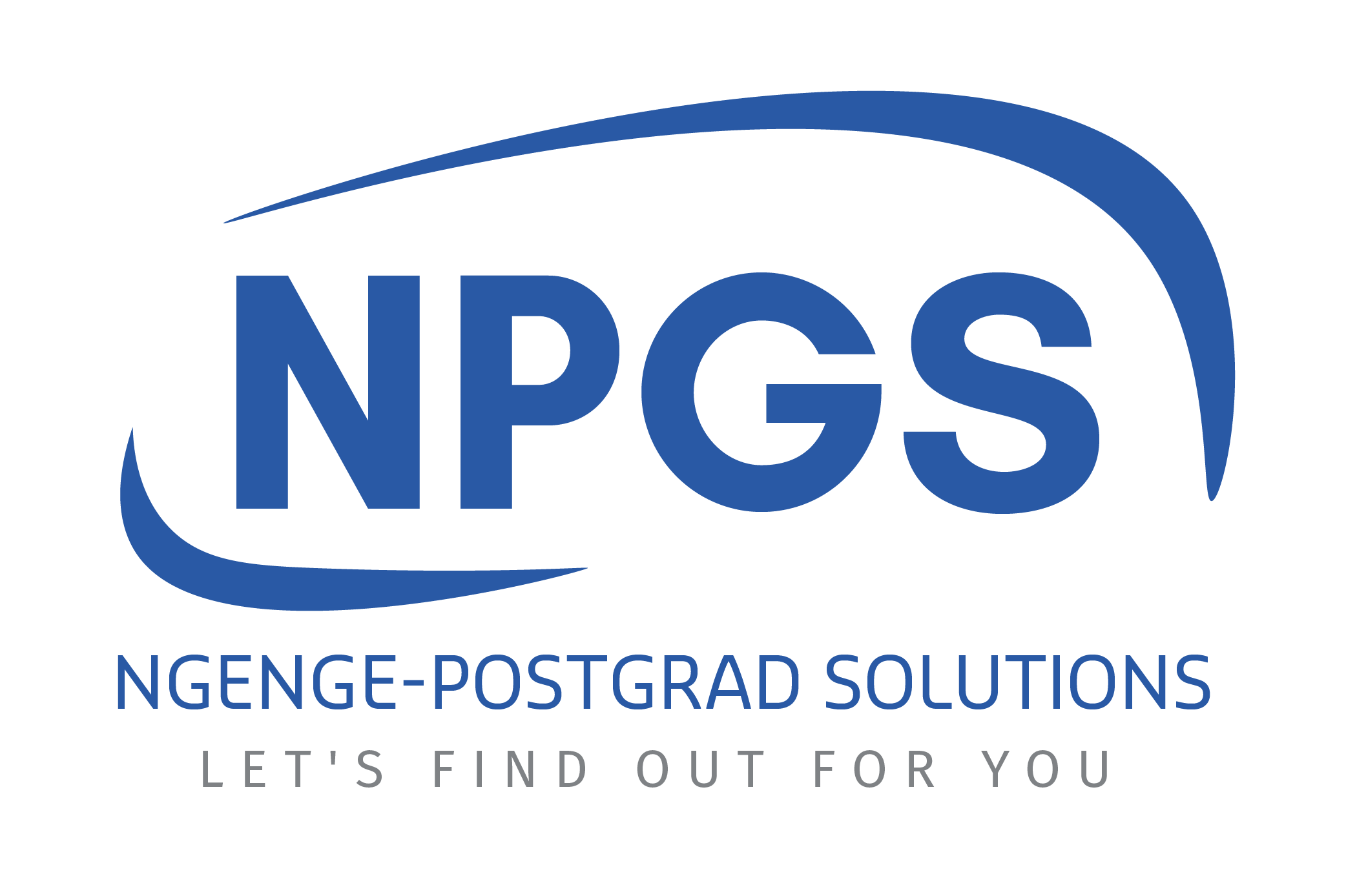NGENGE-POSTGRAD SOLUTIONS IS HERE TO HELP YOU: NPGS has an Application Help Service with a team of highly experienced professionals to help you find a position or prepare a CV or Cover Letter. Our professional experts can also apply for you from A to Z.
Application Deadline: October 1, 2022
Scholarship Description:
All Ph.D. students are encouraged and welcome to apply!
The Ph.D. scholarship in testing the lifetime of solid oxide electrolysis cells is open at the Technical University of Denmark for 2022/2023. Ph.D. scholarship in the testing lifetime of solid oxide electrolysis cells 2022/23 at the Technical University of Denmark is now available for international students if they have a master’s degree.
The Technical University of Denmark has officially announced the scholarships for the upcoming class. The Technical University of Denmark is considered to be one of the top institutions around the globe. The Technical University of Denmark was founded in 1829 and currently functions in Kongens Lyngby, Denmark.
The Technical University of Denmark offers such scholarships every year to welcome students to the campus. Ph.D. scholarship in testing the lifetime of solid oxide electrolysis cells 2022/23 will open the door to new and better opportunities for selected students and be exposed to advanced learning in postgraduate programs.
Degree Level:
Technical University of Denmark Kongens Lyngby PhD Scholarships 2022 is available to undertake PhD level programs at Technical University of Denmark.
Available Subjects:
Following subject are available to study under this scholarship program.
All Subjects
Scholarship Benefits:
The Technical University of Denmark will provide a salary to the selected applicants in Denmark for the academic year 2022/2023.
Eligible Nationalities:
All Nationalities
Eligibility Criteria:
The successful candidate will work on developing and improving experimental methods for characterising the electrochemical performance of electrodes, cells and stacks of cells. Improving control of the level of impurities in the feed streams and developing fixtures allowing rapid thermal cycling are key tasks. The purpose being, to be able to identify the role of gas-phase impurities for overall cell lifetime and to be able to explore in detail any detrimental effects on reliability of thermal gradients during operation.
Key tasks will be
- Characterisation of state of the art cells and identifying the role of impurities for the degradation processes and overall lifetime.
- To develop methods for assessing accurately the impacts of leaks and pressure difference occurring under operation (e.g. at stack level) and identifying what are the tolerable limits for these.
- To develop novel cell test houses/fixtures allowing rapid thermal cycling of the cells and collection of the off-gases.
- To develop test fixtures and gas-feed strategies enabling accurate control of exposure to impurities (Sulphur, Si, alkali-elements,..)
You will work together in a team with colleagues doing detailed modelling of the tests and materials specialists for developing improved materials and designs with greater tolerance towards impurities and stresses arising from pressure gradients and thermal gradients.
As part of the PhD education, you will follow courses and assist in teaching activities
- You are expected to spend at least 3 months at a foreign research institution
- You will disseminate your work in international peer reviewed journals and at professional conferences.
Candidates should have a two-year master’s degree (120 ECTS points) or a similar degree with an academic level equivalent to a two-year master’s degree.
We favour candidates with a degree in chemical engineering, mechanical engineering, chemistry, materials science, physics or a similar degree with an academic level equivalent to a master’s degree in engineering. Experience with one or more of the following areas is considered an advantage;
- Design and construction of equipment
- Experimental characterization of chemical reaction kinetics
- Materials characterization
- Heterogeneous catalysis and/or electrochemistry
Moreover, the successful candidate
- is innovative and able to work in cross-disciplinary teams
- has good communication skills in English, both written and spoken
- is able to work independently and take responsibility for the progress and quality of projects.
Approval and Enrolment
The scholarship for the PhD degree is subject to academic approval, and the candidate will be enrolled in one of the general degree programmes at DTU. For information about our enrolment requirements and the general planning of the PhD study programme.




